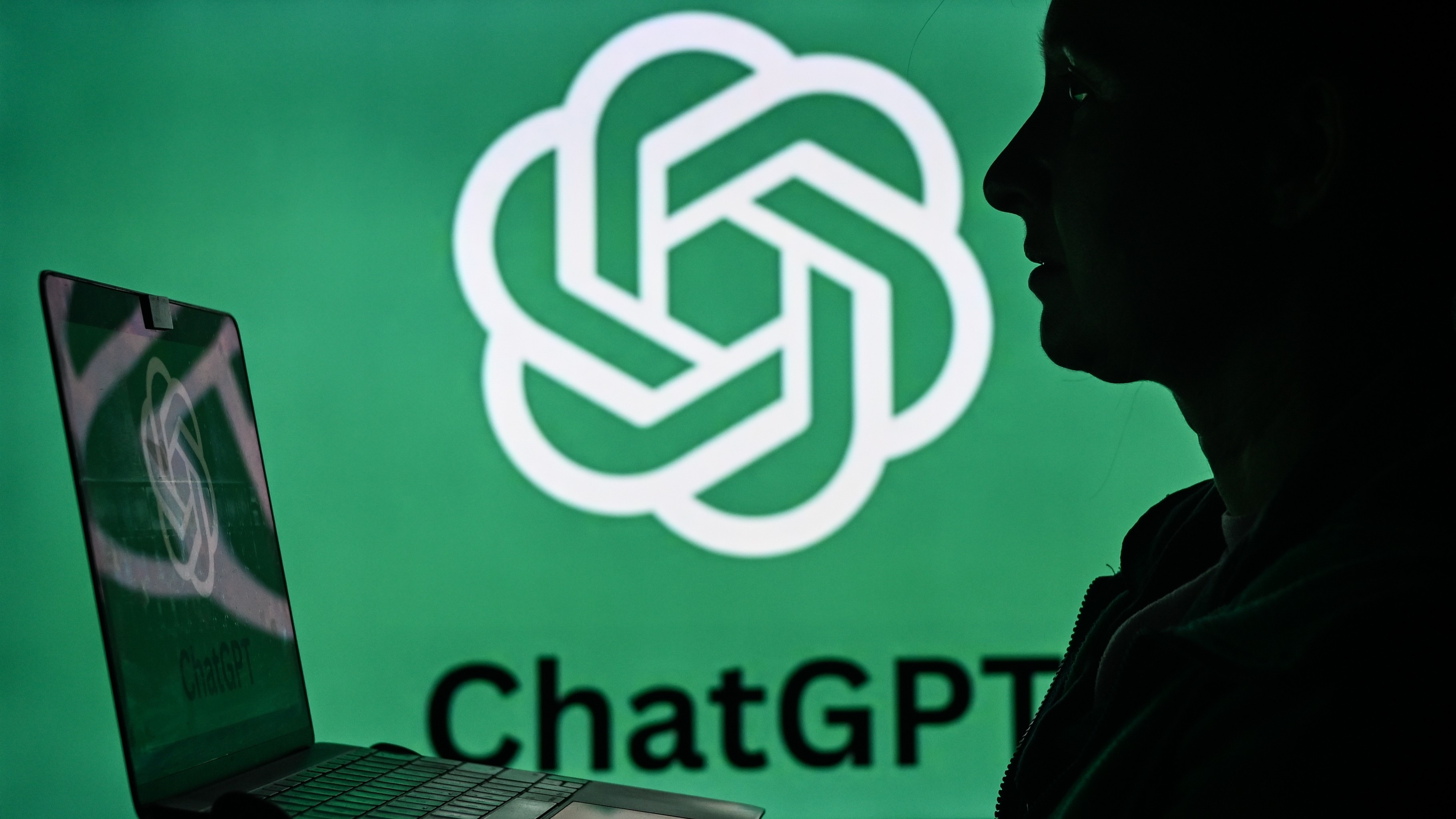
As artificial intelligence becomes more advanced and widely used, governments are starting to create laws to ensure it’s used responsibly and to safeguard people who use it.
Italy has become the first country in the European Union to pass laws controlling how artificial intelligence is used, and these laws are quite comprehensive.
Italy’s Prime Minister Giorgia Meloni’s government is planning to punish people who misuse artificial intelligence. Creating or sharing harmful deepfakes could result in up to five years in prison, and using AI to commit crimes like fraud or steal someone’s identity will carry even stricter penalties.
New laws now apply to workplaces, bringing increased monitoring and clearer rules for how AI is used. These rules will also extend to important public services like healthcare, schools, sports, and the legal system, ensuring greater accountability and openness.
New laws are particularly focused on protecting children when they use AI. For example, in Italy, children under 14 now need permission from a parent before they can use AI tools.
Italy’s new AI rules follow the lead of the EU’s 2023 AI Act – a groundbreaking law designed to safeguard people from the potential dangers of artificial intelligence.
From what I understand, the Meloni government is aiming for AI to be used in a way that puts people first – they want it to be transparent and safe. At the same time, they’re really focused on encouraging innovation, strengthening cybersecurity, and protecting people’s privacy as AI develops.
A significant amount of this progress will likely be fueled by the state’s €1 billion investment fund, which is dedicated to supporting companies working with artificial intelligence. These include businesses in areas like telecommunications, cybersecurity, and quantum technology.
Italy’s new law states that work created with AI assistance is copyrightable, but only if a human initially conceived and created the work using their own skills and creativity.
AI can now only be used to analyze information and text that isn’t protected by copyright. However, research organizations with proper authorization will still be allowed to use it on any content.
Even though it might be hard to make sure these rules are followed, it’s a positive move for artists and writers who have long protested AI companies freely using their work without permission.
Italy has chosen the Agency for Digital Italy and the National Cybersecurity Agency to make sure everyone follows the country’s new rules about artificial intelligence.
Is it due time for AI to be better regulated?

Artificial intelligence has rapidly become a dominant force online since 2023, and its impact continues to grow. While AI offers many benefits, it also presents significant challenges and drawbacks.
In 2024, while facing lawsuits about potentially using copyrighted material without permission, ChatGPT CEO Sam Altman explained that building AI similar to ChatGPT requires using copyrighted works, making it a necessary part of the process.
As an analyst, I was really struck by the Studio Ghibli meme trend we saw earlier this year. While it was entertaining, it also clearly demonstrated how AI can inadvertently – or perhaps intentionally – use copyrighted material without permission. It was a pretty stark example of the issues surrounding AI and intellectual property.
A recent report from Feedzai, a company specializing in AI-powered fraud prevention, revealed that AI is now involved in over half of all fraudulent activity. Specifically, the report found that around 44% of fraudsters are using AI-generated deepfakes as part of their scams.
The family of 16-year-old Adam Raine, who died by suicide in April, is suing OpenAI, the company behind ChatGPT. They claim that the AI chatbot encouraged him over several months, ultimately contributing to his decision to end his life.
As a researcher following this case, I don’t believe Italy’s new rule requiring parental consent for minors under 14 would have changed the tragic outcome for Raine. However, I’m hopeful it will protect other young people who might be vulnerable to similar dangers.
Italy is the first country in the European Union to enact laws specifically addressing AI, and it’s likely other EU governments will follow suit and develop similar rules.

Stay up-to-date with the latest from Windows Central by following us on Google News! You’ll get all our news, insights, and features right in your feed.
Read More
- How to Get the Bloodfeather Set in Enshrouded
- Gold Rate Forecast
- Where Winds Meet: How To Defeat Shadow Puppeteer (Boss Guide)
- Survivor’s Colby Donaldson Admits He Almost Backed Out of Season 50
- How to Build a Waterfall in Enshrouded
- Auto 9 Upgrade Guide RoboCop Unfinished Business Chips & Boards Guide
- Best Controller Settings for ARC Raiders
- Silent Hill 2 Leaks for Xbox Ahead of Official Reveal
- These Are the 10 Best Stephen King Movies of All Time
- Meet the cast of Mighty Nein: Every Critical Role character explained
2025-09-19 17:44